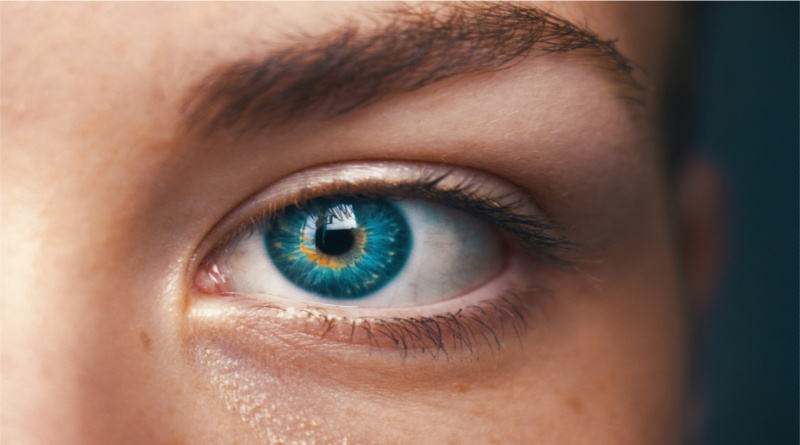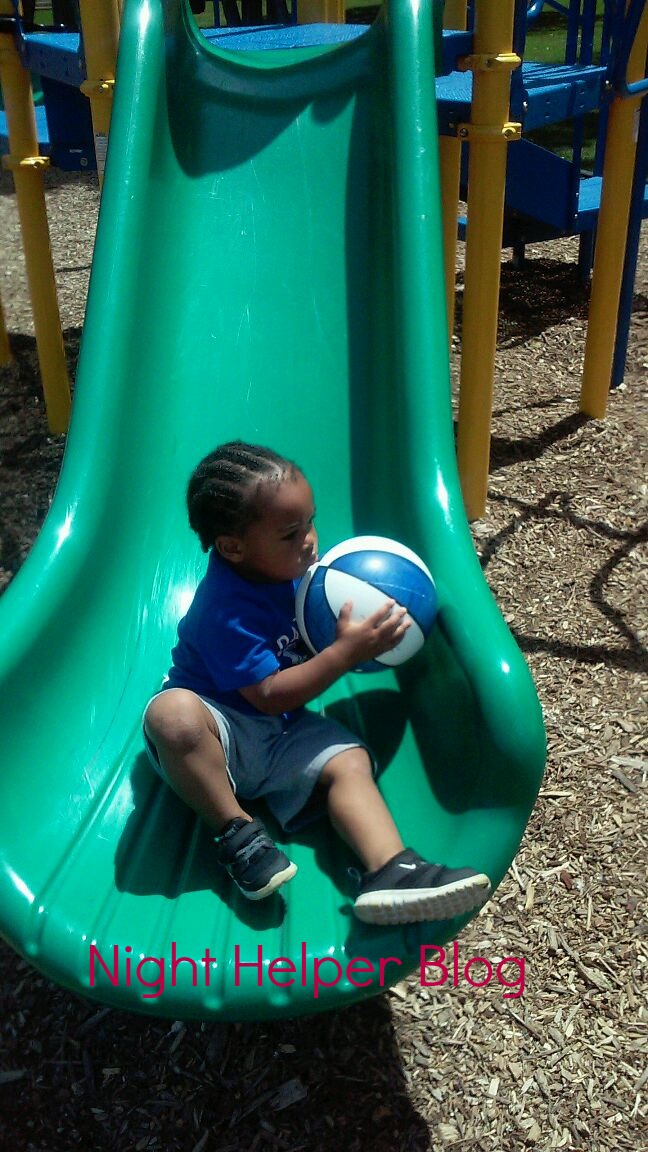Eye Exercises and Vision Therapy: Myths and Realities
Our eyes, often referred to as the windows to the soul, are one of our most important sensory organs. They allow us to appreciate the beauty of the world around us and provide us with essential information to navigate our environment. Over the past few decades, interest in maintaining and improving visual health has grown significantly, with eye exercises and vision therapy emerging as popular topics. However, as we delve deeper into these fields, it’s crucial to distinguish the myths from the realities to ensure that we’re making informed decisions about our eye health.
A significant area of discussion within the realm of vision health pertains to the utilization of contact lenses. These meticulously crafted, thin, and curved lenses, designed to sit precisely on the eye’s surface, are capable of rectifying a spectrum of refractive errors, encompassing myopia and hyperopia as well as astigmatism and presbyopia. Advancements in technology have not only enhanced their functionality but also dramatically increased the comfort of wearers. A testament to such progress is the Acuvue Oasys contact lenses, which leverage the moisture-retaining capabilities of Hydraclear Plus technology. This innovative solution keeps eyes hydrated throughout the day, thereby mitigating issues of dryness or irritation often associated with lens use.
Yet, an intriguing query looms large: can the incorporation of contact lenses, coupled with eye exercises and vision therapy, augment one’s vision even further? This question underscores the intricate dynamics of our visual system and the multi-dimensional strategies that can potentially be employed to sustain or amplify visual acuity.
Eye exercises, also known as vision training, typically consist of a series of activities performed regularly, designed to enhance the strength and flexibility of the eye muscles. They’re often advocated for alleviating computer vision syndrome, improving sports performance, or even reducing refractive errors. But how effective are they really?
Scientific research on the effectiveness of eye exercises is mixed. While some studies show improvement in specific areas like convergence insufficiency (difficulty in keeping the eye turned in to focus on a close object) or amblyopia (lazy eye), the American Academy of Ophthalmology and the American Association for Pediatric Ophthalmology and Strabismus suggest that there is a lack of high-quality evidence to support the use of eye exercises for the broad improvement of vision or the correction of refractive errors.
On the other hand, vision therapy, a structured program designed to improve visual abilities, differs from eye exercises in its approach. Performed under the supervision of an eye care professional, it often includes eye exercises but extends beyond them to include other tools like specialized lenses, prisms, or even virtual reality devices. Vision therapy has been shown to be effective in treating specific conditions such as convergence insufficiency, strabismus (crossed eyes), and some reading disabilities, as per the American Optometric Association.
Despite the benefits of vision therapy in these specific areas, it’s important to understand its limitations. There is little to no evidence supporting the use of vision therapy for the correction of refractive errors such as myopia or hyperopia, a claim that some practitioners may make. Using vision therapy for this purpose could potentially lead to delayed treatment with more proven methods like eyeglasses, contact lenses, or corrective surgery, the latter of which has been compared to being like having permanent contact lenses due to the improvements it can make to vision, comfort, and quality of life.
While contact lenses themselves may not directly improve the function of the eye muscles, their role in providing clear vision cannot be underestimated. Contact lenses offer several advantages over traditional glasses, such as providing a wider field of vision and not getting foggy in cold weather. Some specialized contact lenses can even temporarily reshape the cornea to reduce refractive errors, a method known as orthokeratology.
While the topic of eye exercises and vision therapy is layered with myths and realities, a few points remain clear. Firstly, while eye exercises may provide some benefit in specific, targeted areas, their use should not replace traditional treatments for refractive errors such as eyeglasses or contact lenses. Secondly, vision therapy, under the supervision of an eye care professional, can be a useful tool in managing certain eye conditions. However, it’s important to approach these practices with a critical eye and rely on evidence-based treatments for maintaining and improving eye health.





I’ve heard of eye exercises before but I’ve never tried them. I do have astigmatism and probably should be doing them.
I’m pretty sure eye exercises will benefit the eyes, as physical exercising do for the body itself—but minimizing sugar does great things for out vision, so I’d be looking at that too. 🙂 I hope they do further studies with this.
Great post. Eye exercises sound good, and I can do that with some expert supervision. But I am afraid of wearing contact lenses even if they are amazing!
Oh wow, that was so amazing that the eye can exercise. I will definitely keep this in mind
I have never heard about doing eye exercises. This is really interesting to know. Thanks for sharing it!
I’ve never thought t do eye exercises other than yoga ones. It sounds like more research may be needed in some areas to assess efficacy.
I will keep this information in mind. It is very important to have your eyes checked on a yearly basis. Thanks for sharing this with us.
I’m surely gonna keep this in mind. This is really informative thanks for sharing this with us
This is a really great and very informative post! I’m gonna save this article for sure
I didn’t know eye exercises were a thing! I wonder if they would help my mom out. I need to go to the eye Dr. I feel my vision is changing.
I’ve never heard of eye therapy. I’ll have to look into it more. I have astigmatism and my eyes are pretty bad.
I honestly never thought about doing eye exercises. This is really interesting to know.
I will have to keep these in mind! My eyes aren’t the best.
I have some eye problems and I can say that some eye exercises can really make the difference especially when we talk about relaxation!
I’ve never tried eye exercises before and I didn’t know all these info. Thanks for the enlightenment!
I guess there must be a lot of factors to consider when it comes to the effectiveness of vision therapy.
I never knew there were eye exercises. Sounds like there are some interesting therapies.
I haven’t tried doing eye exercises, and actually just heard of this now but it makes sense. Anyway, to better eye condition or eyesight, eliminating sugar and carbs is a good way…
Your article on eye health and the complexities surrounding eye exercises, vision therapy, and contact lenses is incredibly informative and well-researched. It adeptly addresses the common questions and misconceptions in this area, providing readers with valuable insights to make informed decisions about their vision care. Great work!
I’ve never tried any eye exercises before. This is really informative thanks for sharing this with us
while i have not tried eye exercises myself, i have heard others say that it has worked for them..
I have been doing eye exercises for a lazy eye. I have noticed that my eye is turning less when I do selfies.